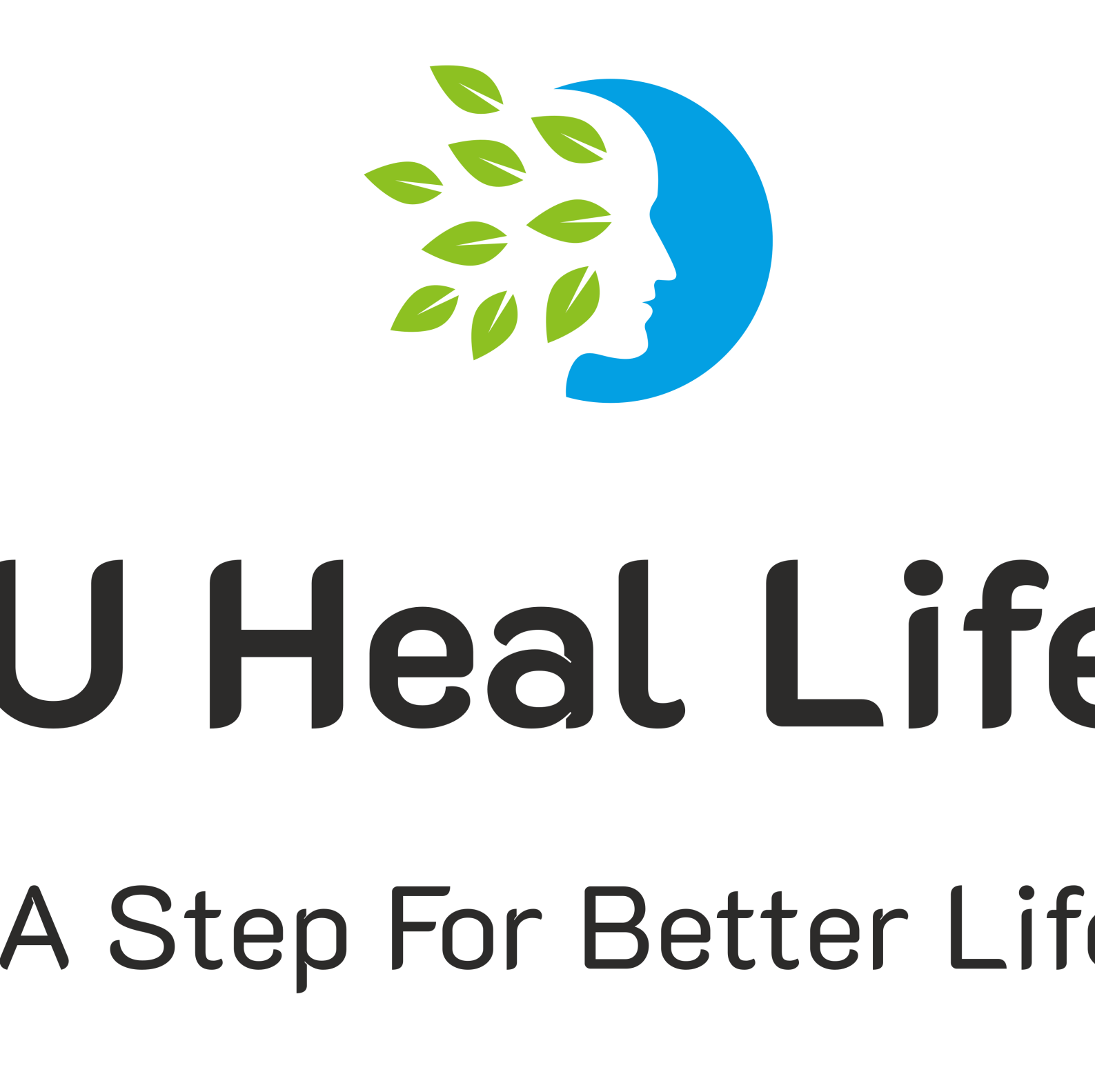Trump’s Executive Order on Mental Health and Homelessness: What It Means for America
On July 24, 2025, former President Donald Trump signed an executive order titled “Ending Crime and Disorder on America’s Streets”, a policy that has quickly ignited national debate. At its core, the order directs federal agencies to promote involuntary civil commitment for individuals with mental illness or substance use disorders who are homeless and deemed unable to care for themselves. It also encourages overturning judicial precedents that limit such commitments.
While the White House frames this as a public safety and humanitarian measure, critics argue it marks a dangerous return to outdated and punitive approaches to mental health and homelessness.
What the Executive Order Says
The executive order focuses on:
- Involuntary Institutionalization – Encouraging states to expand laws that allow people with mental illness or addiction to be placed in long-term psychiatric facilities, even without their consent.
- Shifting Federal Funding – Moving away from Housing First and harm reduction programs, redirecting resources toward enforcement, treatment facilities, and psychiatric institutions.
- Overturning Legal Protections – Reversing court decisions that have set limits on civil commitment, expanding the circumstances in which people can be institutionalized.
Supporters believe these measures will help “restore public order” in cities facing rising homelessness and visible mental health crises.
Criticism from Civil Rights and Mental Health Advocates
The reaction from advocacy groups has been swift and sharp:
- American Civil Liberties Union (ACLU) condemned the order, calling it an attack on disabled and unhoused people that will “criminalize poverty” instead of solving it. They argue it undermines proven solutions such as permanent supportive housing and voluntary care.
- American Psychological Association (APA) warned that the policy conflicts with core principles of mental health care—such as patient autonomy, informed consent, and the right to the least-restrictive treatment setting.
- The Guardian and other media outlets highlighted the vague definitions in the order, which could lead to civil rights violations and mass institutionalization without due process.
- Prison Policy Initiative noted that this approach could push vulnerable individuals from the streets into locked facilities without addressing root causes like housing shortages and inadequate community care.
Local Responses: Some Push Back
Not all states and cities are embracing the order:
- Boulder, Colorado has rejected the institutionalization-first approach, reaffirming its commitment to the Housing First model that prioritizes providing stable housing before addressing mental health or substance use issues.
- Pima County, Arizona emphasized that civil commitment decisions must still comply with state laws, require medical diagnosis, and be backed by adequate funding—something the federal order does not directly provide.
This mixed response reflects a deeper divide between federal directives and local priorities in addressing homelessness.
Why This Matters
The executive order raises crucial questions:
- Will forced institutionalization improve public safety, or will it simply remove homeless individuals from sight without addressing their needs?
- Could this policy erode civil liberties and trust in mental health systems?
- Is this a step backward toward the era of mass psychiatric institutionalization that advocates fought to reform decades ago?
Critics fear that without adequate housing, voluntary treatment options, and community support, the order may worsen stigma around mental illness and homelessness.
The Bigger Picture
The tension between public health and public safety approaches is not new—but Trump’s executive order signals a decisive shift toward enforcement over compassion. For many advocates, the path forward lies not in criminalizing homelessness, but in:
- Expanding affordable housing
- Strengthening community-based mental health services
- Investing in harm reduction programs
- Protecting individual rights while ensuring access to care
Final Thoughts
The debate over Trump’s executive order on mental health and homelessness is about more than just policy—it’s about the kind of society America wants to be. Do we prioritize dignity, rights, and voluntary care, or do we return to a system that hides complex problems behind institutional walls?
Only time, advocacy, and public action will determine which path we choose.

